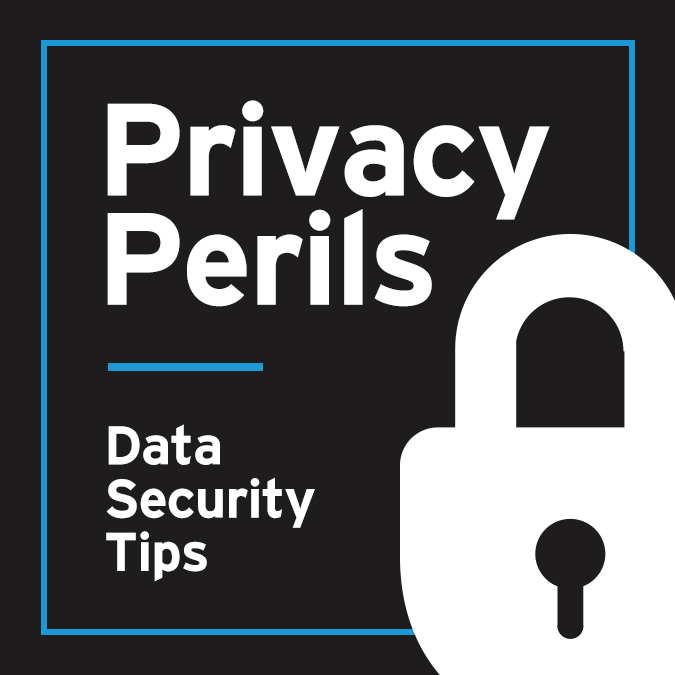Earlier in this series we discussed securing your online account information by using a built-in browser or a third-party password manager in conjunction with prudent password creation. Regardless of the methods chosen, cybersecurity experts recommend you also go old school by writing down your password(s) on a sheet of paper, then putting the list in a place no one but you would ever find and you will never forget. This is particularly important for a password manager master password which may be difficult to recover. As with the choice of electronic password protection measures, it is critical your physical storage choice be thoughtful and prudent:
- Consider telling a trusted person the list whereabouts in case access to your password-protected sites is needed and you are not able to do so, such as upon your death or incapacity.
- Periodically confirm its location to jog your memory.
- Make certain to update it as your passwords change, and shred or otherwise securely discard the replaced version.
- Place the password sheet where it is easily retrieved in an emergency.
- Avoid locations where it accidentally might be given away, such as the pocket of your favorite old-but-rarely-worn coat.
- And importantly, do not hide the list any place where it might get discarded, especially without your knowledge, like the shoebox containing your high school love letters.
We hope you have found this Password Refresher Course helpful as you prepare to celebrate National Protect Your Password Day on February 1.
Read the other installments of our five-part series:
- Privacy Perils: Refresher Course in Good Password Hygiene, Part 1
- Privacy Perils: Refresher Course in Good Password Hygiene, Part 2 – Your Browser’s Built-in Password Manager
- Privacy Perils: Refresher Course in Good Password Hygiene, Part 3 – Third-Party Password Managers
- Privacy Perils: Refresher Course in Good Password Hygiene, Part 4 – Password Mnemonics
 Check out our series, Privacy Perils, to learn what steps you can take to guard your personal and company data. For more information about this topic and other cyber security concerns, please contact a member of our Privacy & Data Security team.
Check out our series, Privacy Perils, to learn what steps you can take to guard your personal and company data. For more information about this topic and other cyber security concerns, please contact a member of our Privacy & Data Security team.


